
Emirati astronaut Sultan AlNeyadi has taken part in the HRF Veg experiment on the International Space Station (ISS), the Mohammed Bin Rashid Space Centre (MBRSC) has announced.
Conducted in collaboration with Kennedy Space Centre (KSC), Johnson Space Centre (JSC) and NASA, the study aims to transform our understanding of space agriculture and nutrition.
Crew members on board the ISS have been watering and pollinating plants along with harvesting the food. A batch of tomatoes will be halved – half for the crew to eat and half bought back to Earth for analyses. The crew will also conduct taste tests and questionnaires to evaluate the sensory quality of the produce such as flavour, colour, aroma, and sweetness.
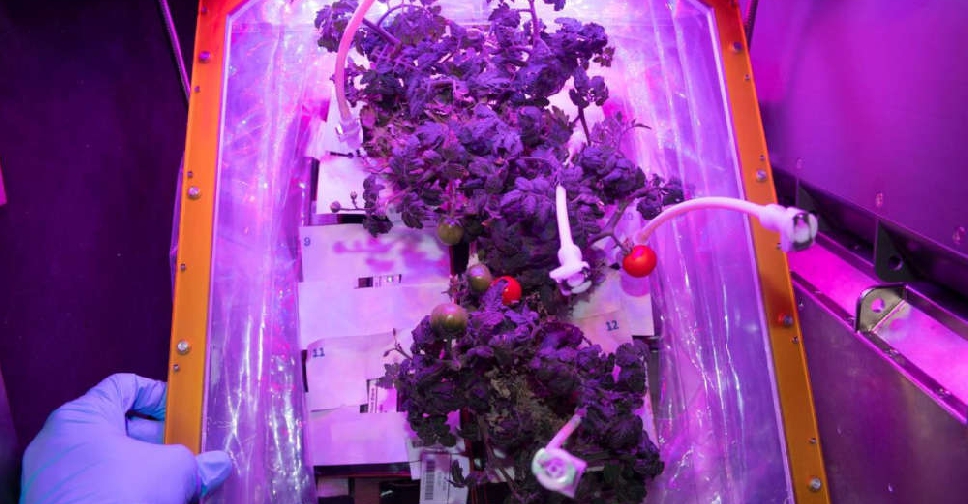
"The HRF Veg experiment is an important study towards enabling sustainability in space exploration," explained Adnan AlRais, Mission Manager, UAE Astronaut Programme, adding how they are confident that the results "hold the potential to shape the future of long-term habitation in space".
"(It) fortifies our understanding of food cultivation in space, nourishing the physical health and psychological wellbeing of astronauts on prolonged missions," he added.
The HRF Veg experiment focuses on understanding the overall behavioural health benefits of having plants and fresh food in space for plants grown from the VEG-05 science investigation.
Dwarf tomatoes were grown as part of the experiment to evaluate their nutrition, taste and safety. The experiment also investigates the psychological impact on astronauts growing, tending and consuming fresh produce during long-duration space missions.
Al Neyadi is in the final stretch of his six-month-long space mission and is due to return to Earth this month.

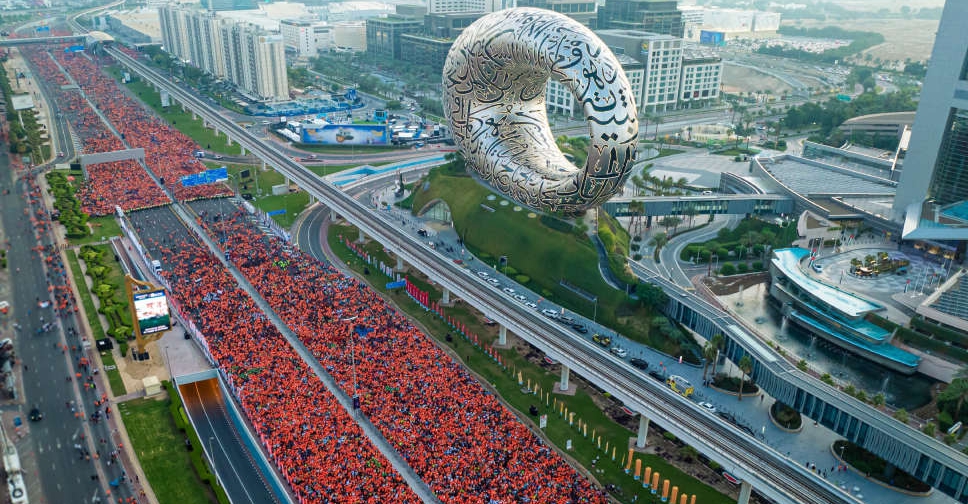 Road closures announced for Dubai Run
Road closures announced for Dubai Run
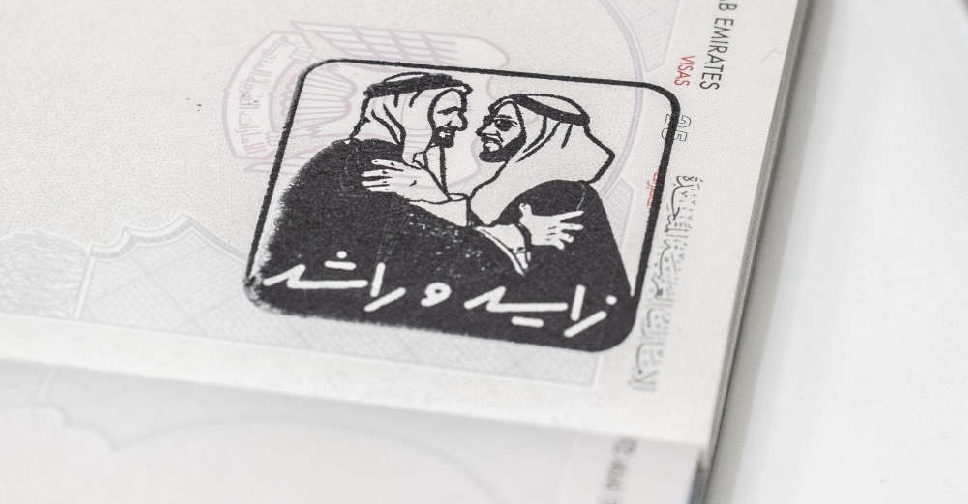 Dubai Airports welcomes travellers with special stamp
Dubai Airports welcomes travellers with special stamp
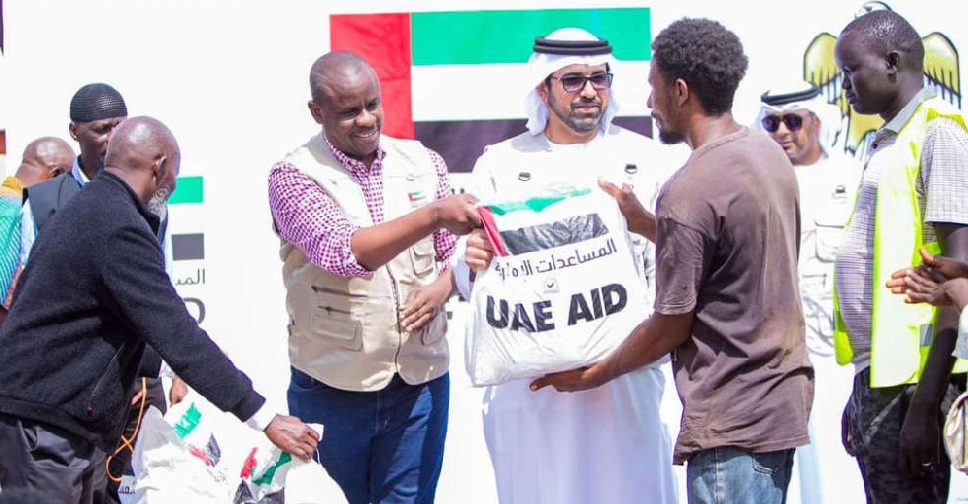 UAE steps up support for Sudanese refugees in Uganda
UAE steps up support for Sudanese refugees in Uganda
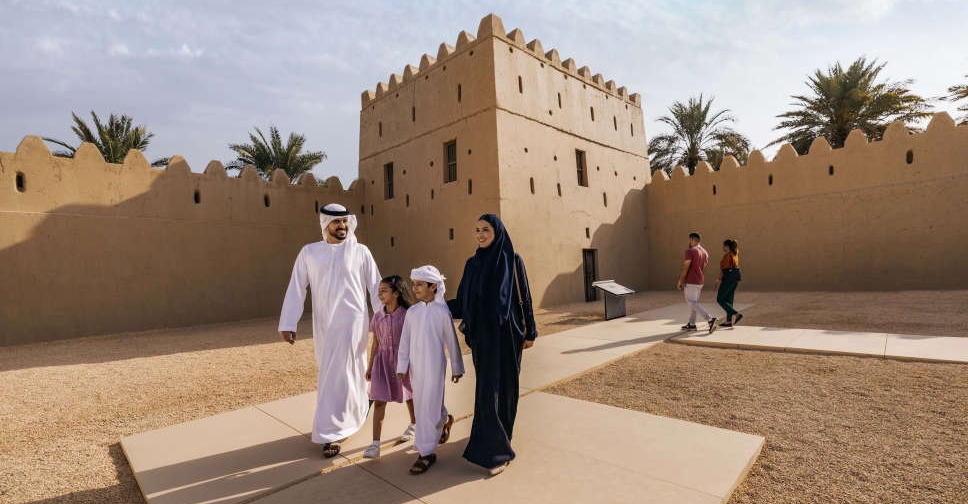 Al Ain to host 53rd Eid Al Etihad official ceremony
Al Ain to host 53rd Eid Al Etihad official ceremony
